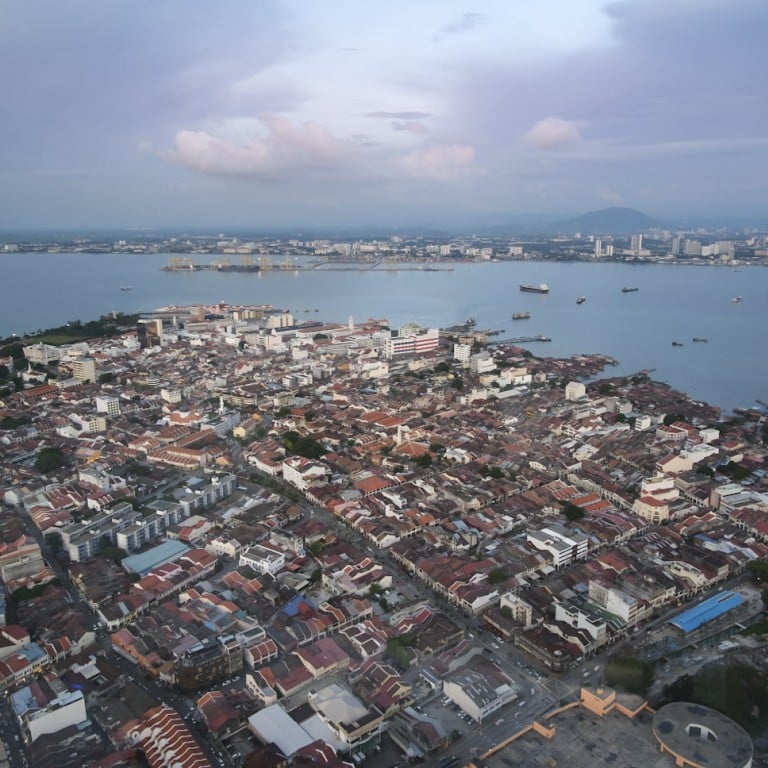
Malaysian island Penang bans Airbnb and other short-term lets, in bid to reduce number of undesirable visitors
- The ban, which takes immediate effect on the island of Penang, is meant to curb the number of sometimes badly behaved tourists
- Airbnb appealed against the legislation and while some homeowners will struggle with the lost income, other residents welcome the ban
From now on, visitors to the Unesco-listed Malaysian island of Penang will have fewer accommodation options.
After mulling it over for more than a year, on May 25, the Penang state government imposed a ban on almost all forms of short-stay accommodation in residential units – the kind typically found listed on Airbnb and Booking.com – throughout the island, with immediate effect.
Penang is the first state in Malaysia, and the first tourist hotspot in Southeast Asia, to take such measures – mostly, it claims, to regulate hordes of tourists, some of whom behave badly and disturb local residents.
“With such provisions, I hope that the days of illegal accommodation will be put to rest,” State Housing Committee chairman Jagdeep Singh Deo told local media.
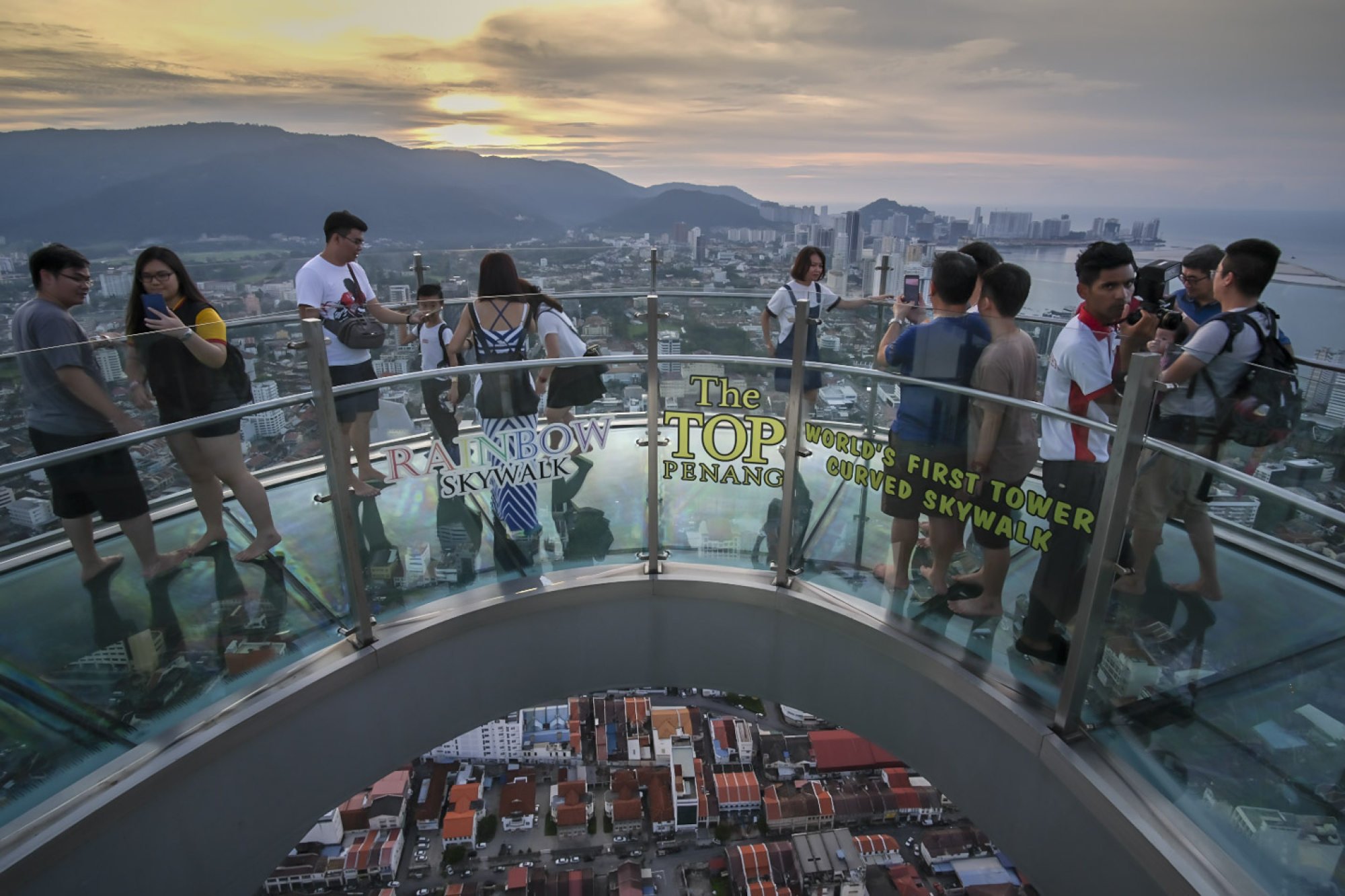
According to the new regulations, only commercial properties such as serviced apartments and certain categories of office may continue hosting short-term guests, subject to registration, annual fees and mandatory approval from 75 per cent of other residents in their building.
Furthermore, guests will be allowed to stay in an approved commercial rental unit for a maximum of three days per booking and each unit can be in use for no more than 180 days per year, although the fine for transgressing these stipulations is a modest 200 ringgit (US$44).
Put off visiting Myanmar? Try Thai border town Sangkhlaburi for the same vibe
Local Airbnb representatives tried hard to dissuade Penang’s decision-makers once they started focusing on the regulation of unlicensed short-term holiday rentals in 2022. The global rental platform, which has more than 1,000 Penang properties listed, appealed again in February to seek a review of the new guidelines, but to no avail.
As part of its “Penang Untuk Semua” (Penang for everyone) campaign, which advocated for fair and sensible rules in handling the situation, Airbnb wrote that the new regulations “would heavily restrict the ability of Malaysians to share their home in strata buildings, and reduce the variety of affordable accommodation options for domestic and international travellers”.
Airbnb quoted a Penang-based host, Sharinah Bte Mohd Ibrahim, as saying that, after her husband was laid off due to the Covid-19 pandemic, “the income earned through hosting helped our family survive … it will be difficult to service my bank mortgage and I will bear losses if I’m forced to sell the unit now.”
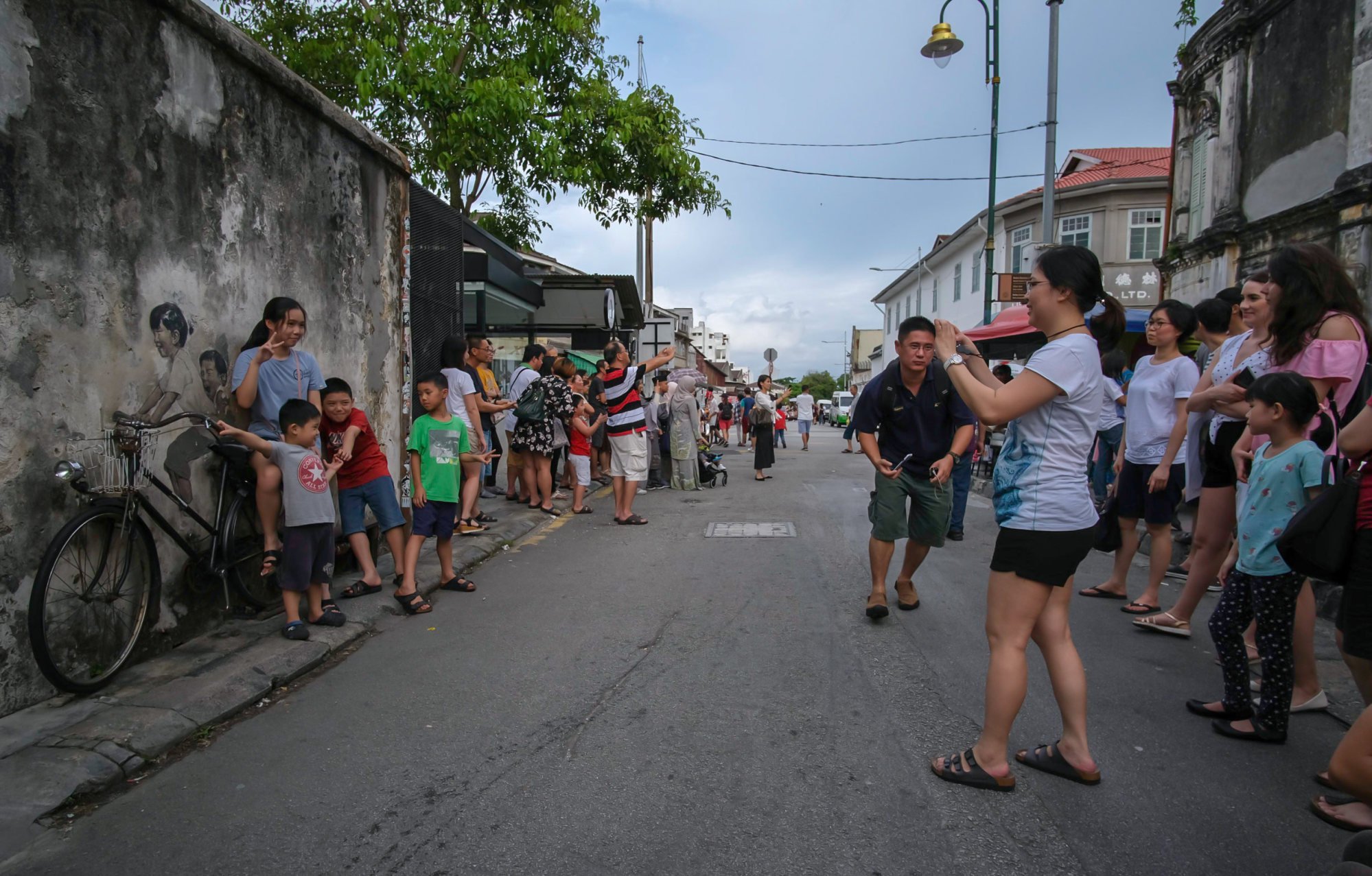
Sharinah’s rental property is part of Penang’s bigger real-estate glut, affecting most residential properties across the island, where for the best part of the last decade the supply of empty units has surpassed demand.
It’s rare for Penang homeowners to offer long-term rental contracts for less than a year, so the boom in platforms such as Airbnb and Booking.com helped them make higher returns from empty units that were attractive to domestic holidaymakers, who often travel in large groups, and the steady influx of foreign tourists and digital nomads looking to take advantage of Malaysia’s 90-day free tourist visa.
The state government says it is responding to complaints about badly behaved tourists – a nuisance for the long-term residents of the island’s many condominiums and properties with shared facilities, where signs discouraging short-term rentals were a common sight long before the government started considering the ban.
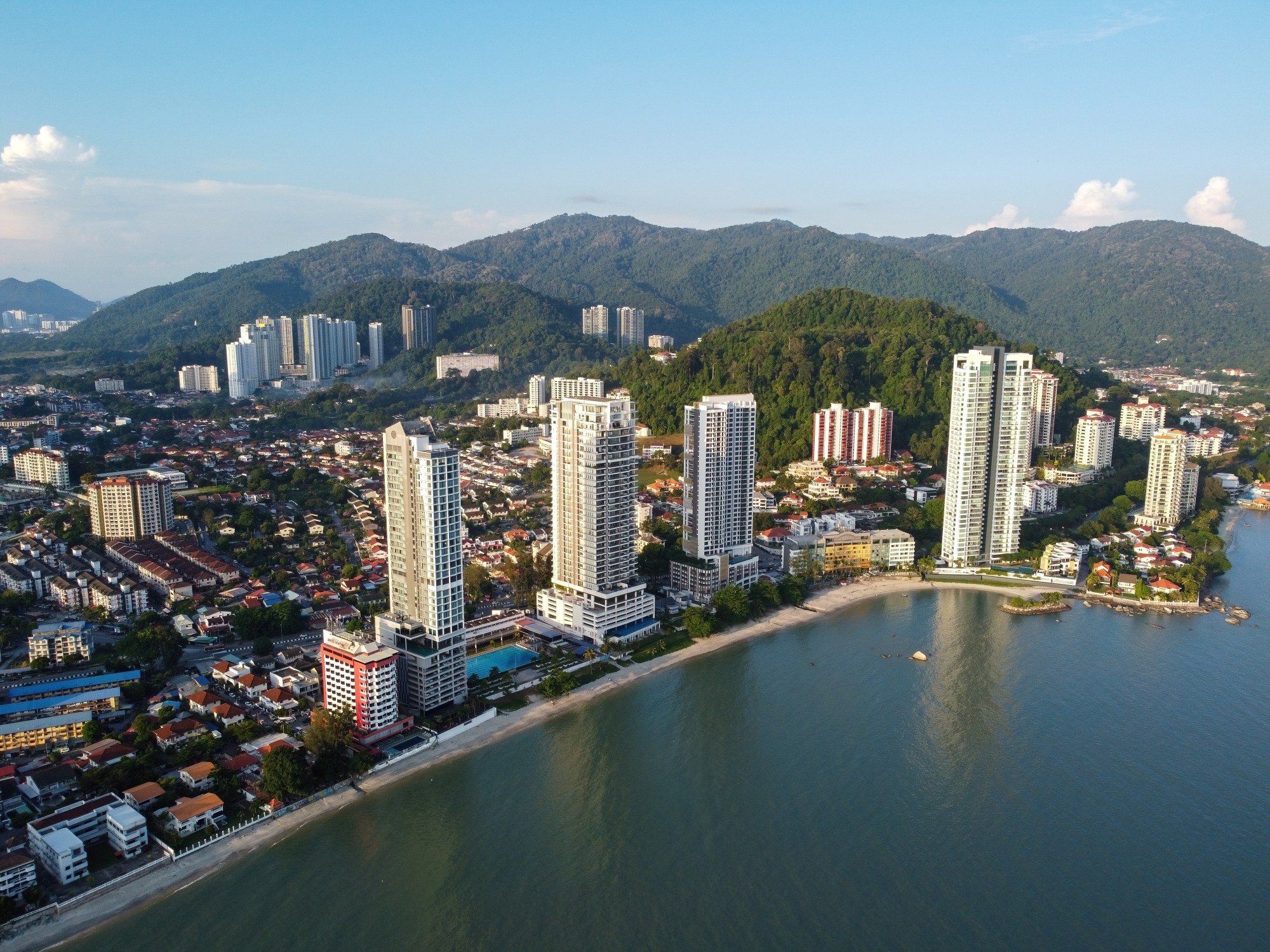
“Homestays aren’t allowed by the building management, but there are still many operators,” says Penang resident Joyce Chu, who lives in I-Santorini, a popular high-density residential block with 2,155 units located in upscale Tanjung Tokong, in northwest George Town. The area is preferred by expatriates and tourists for its vicinity to beaches, shopping malls and the Unesco-listed old town.
“We get a lot of noisy screaming kids. The adults are rather rude and passive-aggressive towards the security guards … We’ve had weirdos wandering the corridors at the wee hours of the morning caught on CCTV cameras,” continues Chu.
“I’m a single mum with two daughters, so it’s kind of worrying. I had to install digital locks and CCTV in my home.”
There have been times when at least 20 people have stayed [in the house opposite], their cars blocking our driveway. They were rude, throwing balls over the fence, loud
Chu also complains that residents’ facilities such as the gym and pool were used by the homestay guests even though it’s the former who pay for their maintenance.
Australian teacher Tatiana Breger has also had problems with guests of an Airbnb-listed property, this one in Batu Ferringhi, on the island’s northwestern shore.
“There have been times when at least 20 people have stayed [in the house opposite], their cars blocking our driveway. They were rude, throwing balls over the fence, loud,” she says.
“I agree with the government. Things have calmed down now, thanks to the law.”
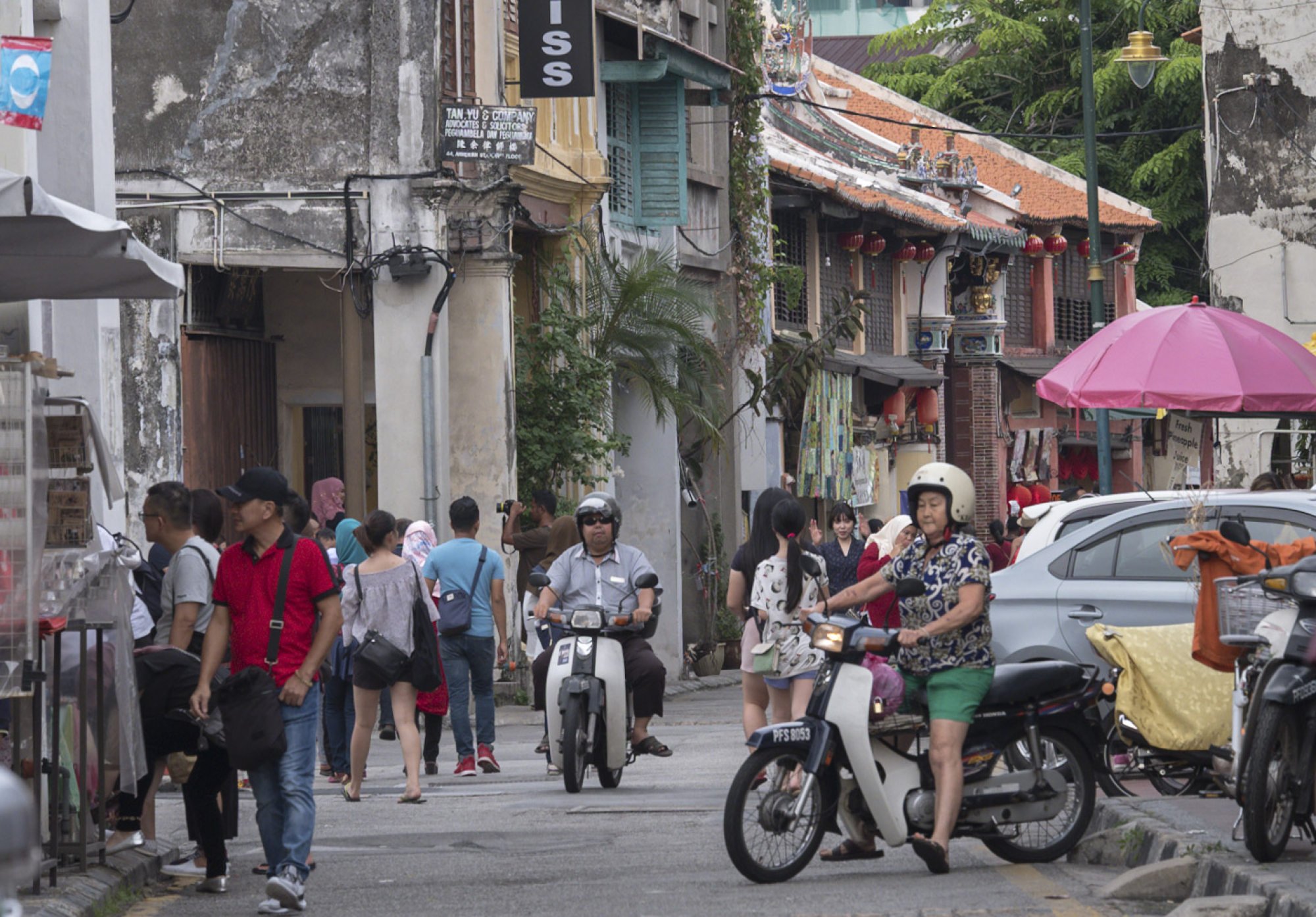
For now, the ban does not affect Seberang Perai, the mainland part of Penang state, across the island’s two bridge links. It’s not the most practical location for tourists interested in exploring George Town, which is at least a half-hour drive away, but it’s expected that even this part of the state will be covered by the law soon.
Some are hoping the ban will be extended across the whole country.
Popular Thai island Koh Samui has reinvented itself – here’s what is new
“I laud this move by Penang to regulate the short-term rentals in the state,” says Isaac Raj, chief executive of the Malaysian Association of Hotels (MAH). “MAH National is now pushing for all other MAH chapters in each [Malaysian] state to follow suit.
“Because hotels especially are just recovering from the after-effects of the pandemic, coupled with rising costs of doing business, this move will see some much-needed revenue … The government will also gain with a bigger collection base of taxes,” says Raj.
“The biggest issue will always be enforcement [of the new rules],” says Chu.

